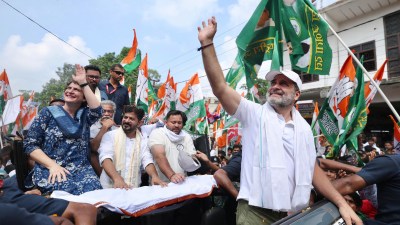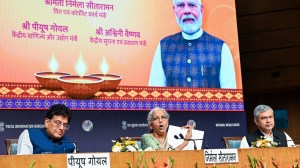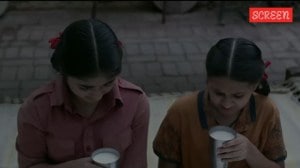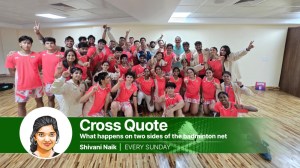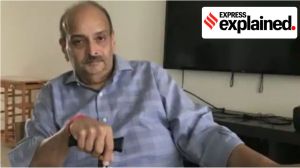For these parents, life’s a mix of grief, pride
Their eyes still hold the grief of losing their sons, but there is also a quiet pride in the glory they’ve achieved. For the parents of...

Their eyes still hold the grief of losing their sons, but there is also a quiet pride in the glory they’ve achieved. For the parents of Capt Vikram Batra, PVC, and Capt Saurabh Kalia, who laid down their lives during the Kargil War, life has been a curious mix of tears at their loss, and joy at the lasting honour their sons have bestowed on them.
‘‘The nation has given us so much for being Capt Vikram Batra’s parents,’’ says G.L. Batra, telling you how he and his wife Kamal were invited to the Republic Day Parade on January 26, 2000, to accept Param Vir Chakra on behalf of their son.
Dr N.K. Kalia and Vijay Kalia, parents of Capt Saurabh Kalia, say the outpouring of affection from complete strangers has made their loss bearable. ‘‘We have lost our son Saurabh. But the nation has given us thousands of Saurabhs,’’ says Dr N.K. Kalia, showing you the over 40,000 medals from all over the world and 1.25 lakh e-mails they received after their son’s death. ‘‘We have lost count of the number of people who call on us. For us, each one of them is Saurabh,’’ he beams.
‘‘I am amazed at the warmth of people,’’ says Vijay Kalia, who runs the LPG agency given to them in honour of their martyred son. Sitting behind her desk at the office, she says: ‘‘It’s like a temple to me.” She has another one at home — a one-room museum in memory of their son. His uniform, caps, shoes, belts, countless posthumous awards and medals — they’re all there, dusted lovingly every day. ‘‘This was the blank cheque he gave me before he left,” says Vijay, telling you the story behind each memoir.
It’s not sunshine all the way. These parents have their bouts with despair as well. The Batras, who are now building a room on their terrace to house the memoirs of their son, say as time passes, warm gestures also fade away.
G.L. Batra, who runs a petrol pump given to him as a tribute to his son, says the high point of his day is when strangers walk in to talk about his son. But he hates the red-tapism that comes along with the pump — the delays, the humiliation of queuing up for procedural matters. ‘‘I wish they’d pay heed to my age or to my son’s sacrifice,’’ he grouses, remembering how his son, in his last words to a television channel, had said, ‘‘I wish the society and government would look after the families of the soldiers who die in the battlefield.’’ ‘‘Somehow at that moment I knew he would never come back,’’ recalls Batra.
For Kamal Batra, 59, the biggest gift that her son has given her is the affection of complete strangers. ‘‘Only recently, some girls staying in a Patna hostel wrote to us, saying that they were great fans of our son. I was so touched,’’ her voice trembles.
The Kalias say Saurabh has helped them weather their pain. ‘‘Our suffering is nothing compared to the agony he must have undergone at the hands of the enemy before being shot dead,’’ says Dr Kalia, who recently floated a web site ‘petitiononline’ to garner support of international bodies to look into the matter. It’s been only a few days and over 2000 people have already responded to it.
Today the lane in which they live is called Capt Saurabh Kalia Margand the locality Saurabh Nagar. There is also a statue of his at the sprawling environmental theme park called Lt Saurabh Van Vihar in Palampur. Capt Vikram Batra too has a road and a college named after him. But what’s more important is that the townsfolk still remember the two heroes as if they’d made the ultimate sacrifice yesterday. That counts.



- 01
- 02
- 03
- 04
- 05


